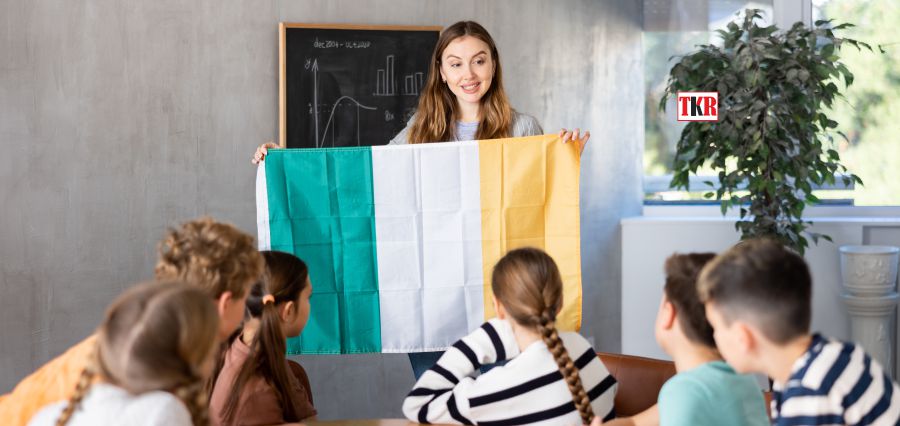An analysis reveals that Ireland stands out from other countries in this regard. According to a new report from the Economic and Social Research Institute (ESRI), students at the second level of education tend to prefer co-educational settings over single-sex schools.
The ESRI has recently released research on the voluntary secondary sector within the Irish education system, which included surveys of students, teachers, and school leaders. The findings indicate that students across both co-educational and single-sex schools generally prefer a mixed-gender environment. Specifically, 87% of students in co-educational schools expressed a preference for a gender-diverse setting, while only 4% indicated a preference for a single-sex school.
In contrast, among students attending single-sex schools, 66% expressed a preference for a mixed-gender environment, while 14% indicated a preference for a single-sex school.
“The proportion of Irish second-level students attending single-sex schools stands out from other European countries, with roughly one-third of students in all-boys or all-girls schools,” report co-author Dr Eamonn Carroll said.
“While research participants outlined positives and negatives to all three types of gender mix, the strength of the preference expressed by students for coeducation in this study was eye-opening.
“This research underlines the need for schools to engage with students and the wider school community on this question.”
The report titled “Embracing Diversity in all its Forms: The Voluntary Secondary Sector in Irish Education” surveyed a total of 2,200 students across 21 voluntary secondary schools, highlighting the diversity within this sector.
Students responded positively when asked about social, academic, and personal development. However, they expressed less positivity regarding their schools’ role in fostering self-confidence, promoting reading for pleasure, and especially in facilitating friendships with individuals of the opposite sex.
Regarding special needs education, some students voiced concerns about their learning needs not being adequately addressed, indicating a preference for more individualized or small-group support.
The report underscored students’ appreciation for an ethos of community-building, extracurricular activities, a balance between academic and personal growth, and a commitment to inclusion and diversity.
Additionally, the report noted the ongoing impacts of the COVID-19 pandemic on students, including effects on attendance.
“The Covid-19 pandemic and its aftermath have highlighted the urgent need for professional, therapeutic supports at school for children and young adults,” said report co-author Professor Selina McCoy. “The growing trend of students missing school post Covid-19 is especially concerning, with far-reaching consequences for their academic engagement, school completion and future prospects.”
More than half of all second-level schools are voluntary secondary schools. These institutions are privately owned and managed, yet they receive substantial public funding and are often under the patronage of a charitable trust, a private charitable company, or a religious organization.
According to the ESRI’s research, schools located in disadvantaged communities that are not part of the Deis program face challenges in addressing “high levels” of student need.
Read More: https://theknowledgereview.com/









